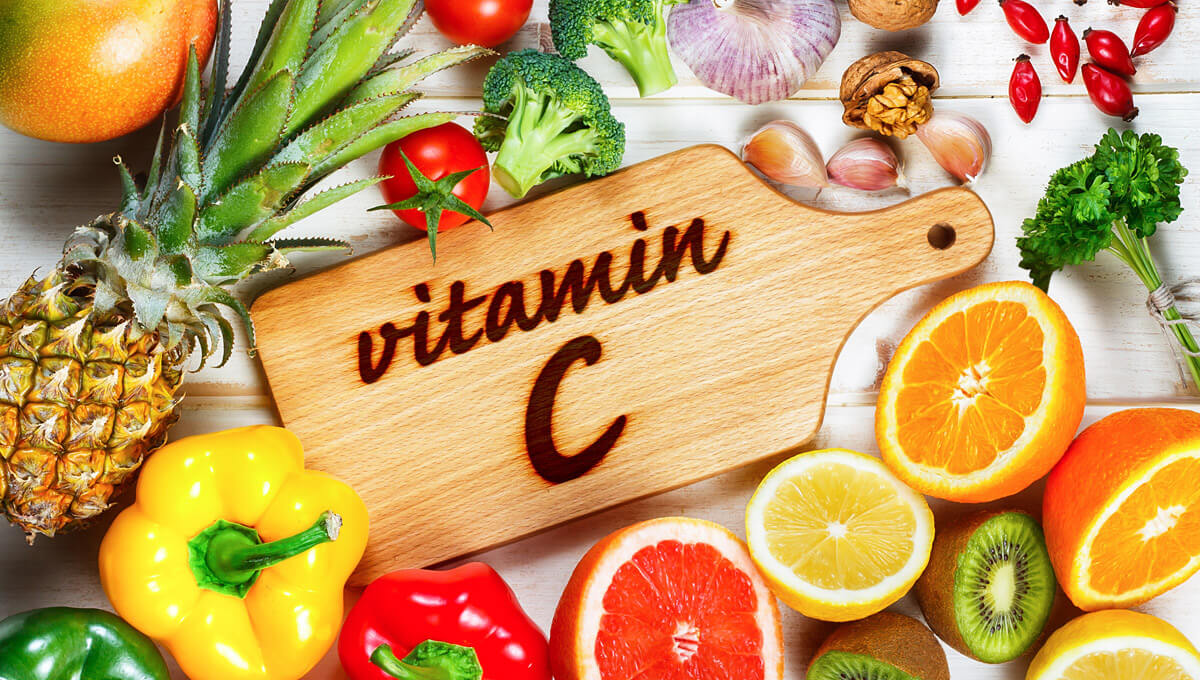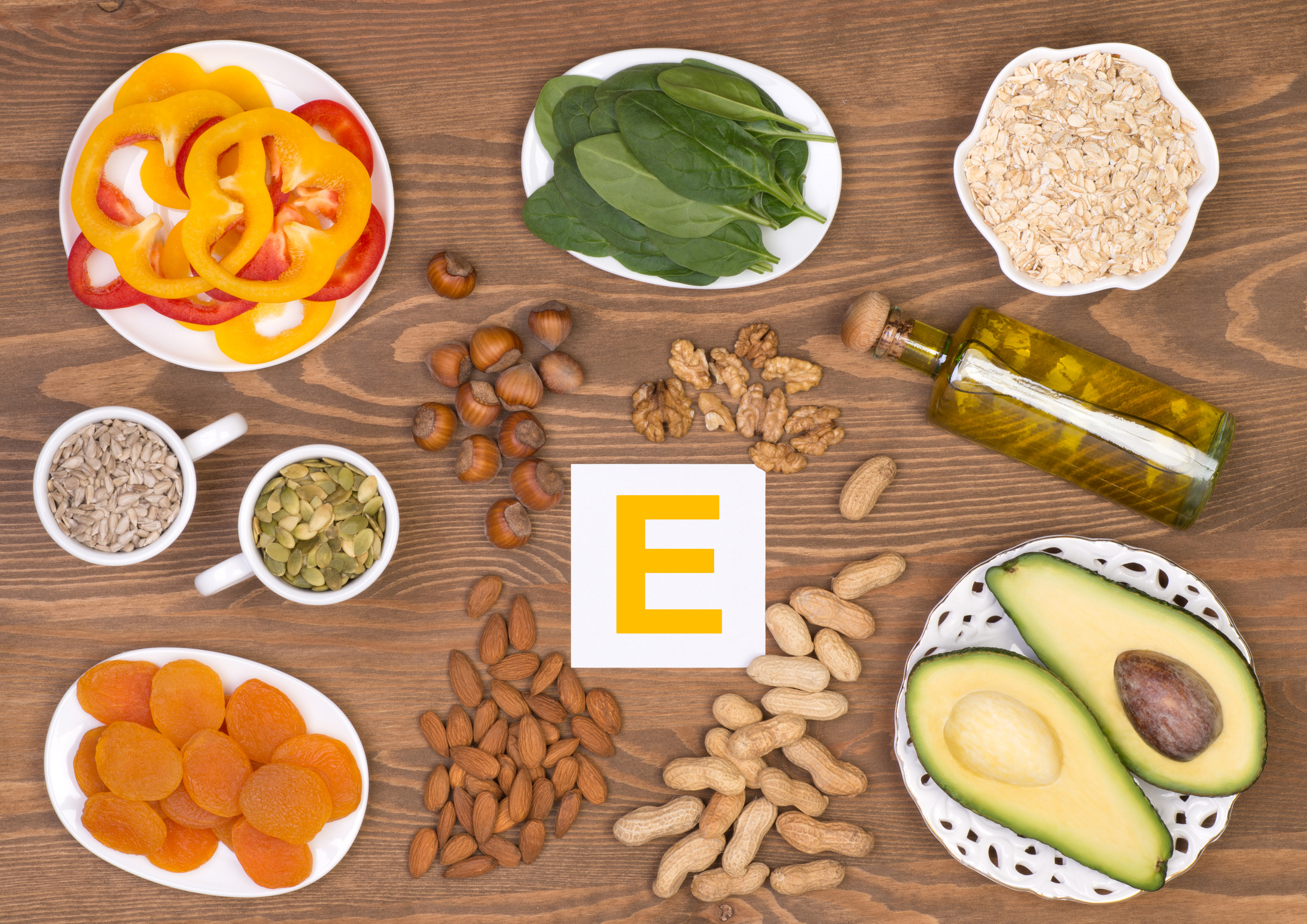Collagen is the most abundant protein in the human body and plays a crucial role in maintaining the structure, elasticity, and strength of various tissues, including skin, bones, cartilage, and blood vessels. Vitamin C, also known as ascorbic acid, is essential for collagen synthesis and maintenance. This guide explores the intricate relationship between Vitamin C and collagen production, highlighting its importance, sources, benefits, and FAQs.
Understanding Collagen and Its Importance
Collagen is a fibrous protein that provides structural support to tissues throughout the body. It forms a scaffold that strengthens and holds together various bodily structures, contributing to skin elasticity, joint health, and overall tissue integrity.
What is Collagen
Collagen is a complex protein made up of amino acids, primarily glycine, proline, hydroxyproline, and arginine. It is produced by various cells, including fibroblasts in the skin, osteoblasts in bones, and chondrocytes in cartilage.
Importance of Collagen
Collagen maintains skin firmness and elasticity, supports joint function and mobility, strengthens bones and teeth, promotes cardiovascular health, and aids in wound healing.
Vitamin C: The Essential Co-Factor for Collagen Synthesis
Vitamin C is a water-soluble vitamin and a powerful antioxidant that is essential for various bodily functions, including collagen production. It acts as a cofactor for enzymes involved in the hydroxylation of proline and lysine residues in collagen synthesis.
How Does Vitamin C Contribute to Collagen Production
Vitamin C is required for the hydroxylation of proline and lysine residues in procollagen, a precursor to collagen. This hydroxylation step is crucial for the stability and triple-helix structure of collagen molecules.
Sources of Vitamin C
Vitamin C is found abundantly in fruits and vegetables, particularly citrus fruits (oranges, lemons), berries (strawberries, blueberries), kiwi, peppers (bell peppers, chili peppers), broccoli, and leafy greens (kale, spinach).
The Mechanism of Collagen Synthesis
Collagen synthesis involves several steps that require Vitamin C as a cofactor. These steps include transcription of collagen genes, translation of mRNA into procollagen chains, post-translational modifications such as hydroxylation, and assembly of collagen molecules into fibrils.
Steps of Collagen Synthesis
- Transcription and Translation: Genes encoding collagen are transcribed into mRNA and translated into procollagen chains.
- Hydroxylation: Vitamin C-dependent enzymes hydroxylate proline and lysine residues in procollagen chains to stabilize the triple-helix structure.
- Glycosylation and Assembly: Procollagen molecules undergo glycosylation and assembly into collagen fibrils in the extracellular matrix.
Effects of Vitamin C Deficiency on Collagen Production
Insufficient Vitamin C intake can lead to impaired collagen synthesis, resulting in various health problems such as scurvy, poor wound healing, joint pain, and fragile blood vessels.
What Happens in Vitamin C Deficiency
Inadequate Vitamin C hampers the hydroxylation of proline and lysine residues in procollagen, leading to unstable collagen fibrils and compromised tissue integrity.
Benefits of Adequate Vitamin C Intake for Collagen Production
Maintaining optimal Vitamin C levels supports robust collagen synthesis, contributing to healthy skin, joints, bones, and blood vessels.
Skin Health and Anti-Aging Benefits
Vitamin C promotes collagen synthesis in the skin, reducing wrinkles, improving skin elasticity, and protecting against UV-induced damage.
Joint and Bone Health
Collagen provides structural support to joints and bones, while Vitamin C supports cartilage formation and bone mineralization.
Factors Affecting Vitamin C Requirements
Various factors influence an individual’s Vitamin C requirements, including age, gender, pregnancy, smoking status, dietary intake, and health conditions.
Increased Requirements
Pregnancy, lactation, smoking, and certain medical conditions (e.g., infections, burns) increase Vitamin C requirements due to higher collagen turnover and oxidative stress.
Dietary Recommendations and Supplements
A balanced diet rich in fruits and vegetables ensures adequate Vitamin C intake for collagen synthesis. Supplements may be beneficial for individuals at risk of deficiency.
Recommended Daily Intake
The recommended dietary allowance (RDA) for Vitamin C varies by age and gender, with adults typically needing 75-90 mg per day.
Choosing Vitamin C Supplements
Supplements should be chosen based on bioavailability and individual needs. Options include ascorbic acid, calcium ascorbate, and buffered forms for improved tolerance.
FAQs About Vitamin C and Collagen Production
Does Cooking Affect Vitamin C Content in Foods?
Yes, cooking can reduce Vitamin C content in foods due to heat sensitivity. Opt for lightly cooked or raw sources of Vitamin C when possible.
Can Vitamin C Reverse Aging Effects on Skin?
Vitamin C can help reduce signs of aging by promoting collagen synthesis, improving skin elasticity, and protecting against oxidative stress.
Are Vitamin C Supplements Necessary if I Have a Balanced Diet?
Supplements may be beneficial for individuals with inadequate dietary intake, increased Vitamin C requirements, or difficulty absorbing Vitamin C from food.
Can Vitamin C Help with Wound Healing?
Yes, Vitamin C plays a critical role in wound healing by promoting collagen formation and supporting immune function.
Does Vitamin C Interact with Medications?
High doses of Vitamin C may interact with certain medications, including blood thinners and chemotherapy drugs. Consult a healthcare provider before starting supplements.
How Long Does It Take to See Benefits from Vitamin C Supplements?
Skin improvements may be noticeable within weeks of starting Vitamin C supplements, depending on individual skin health and overall diet.
Can Vitamin C Improve Joint Health?
Vitamin C supports joint health indirectly by promoting collagen synthesis and maintaining cartilage integrity.
Is it Possible to Overdose on Vitamin C?
Excessive Vitamin C intake can cause gastrointestinal upset (diarrhea, nausea) and, in rare cases, kidney stones. Stick to recommended dosages.
Should I Take Vitamin C with Other Nutrients for Better Absorption?
Combining Vitamin C with iron-rich foods or supplements can enhance iron absorption due to its role in iron reduction and transport.
Can Vitamin C Prevent Skin Damage from Sun Exposure?
While Vitamin C offers antioxidant protection against UV-induced damage, it should not replace sunscreen. Use both for comprehensive sun protection.
- Why Vista Edge Vape Is Trending: The Features That Make It Stand Out - May 31, 2025
- Skin Pen Microneedling Near Cheam, Surrey - May 30, 2025
- Jaw Fillers For A Defined Jawline Near Wotton, Surrey - May 30, 2025



